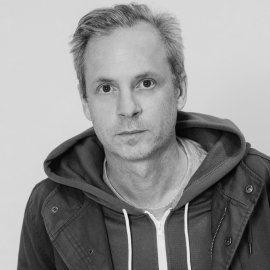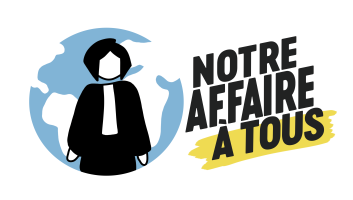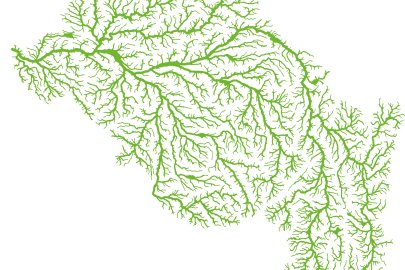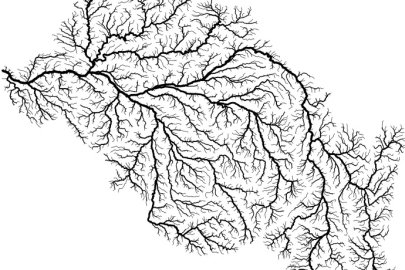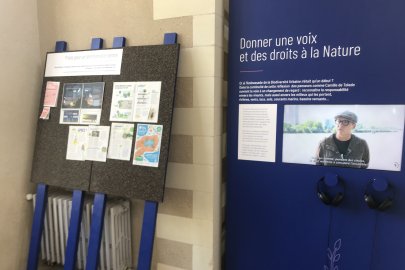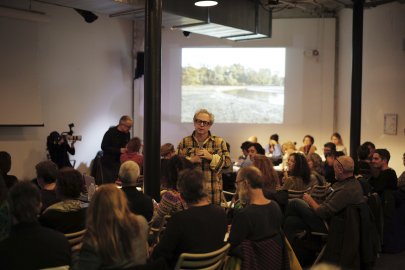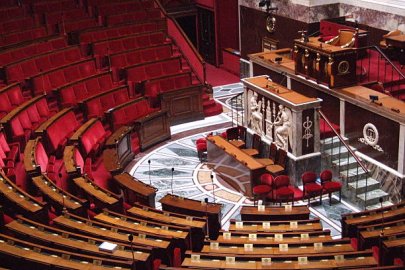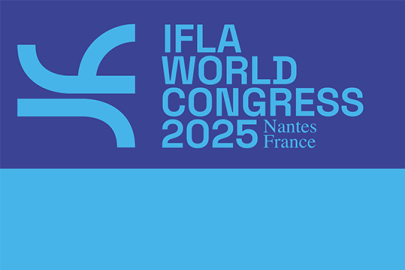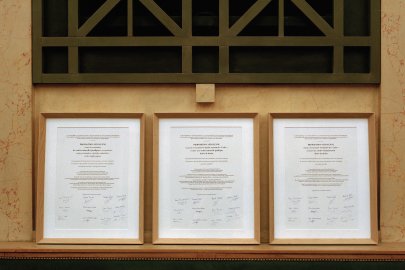A four-day residency took place at the Château de Goutelas to advance the project Towards an International of Rivers, led by the Nantes Institute for Advanced Study, Le Lieu Unique, and Notre Affaire à Tous, under the direction of Camille de Toledo, an associate member of the institute. This multidisciplinary project, supported by the city and metropolitan area of Nantes, aims to draft a new scenario for a shift towards a “terrestrial political economy,” based on the hypothesis of expanding the rights of nature in the 21st century.
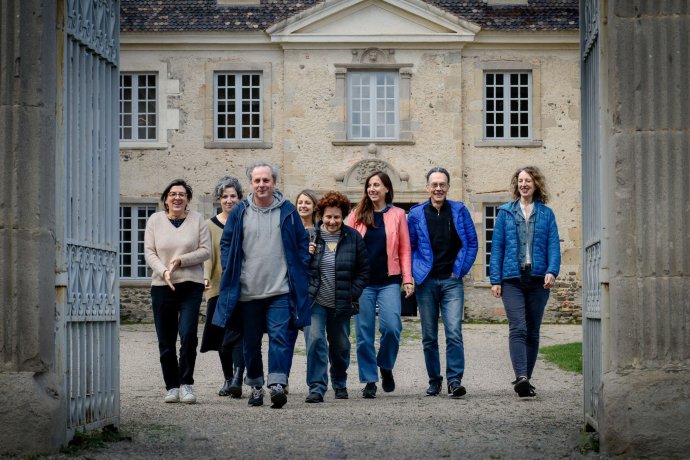
Bringing together researchers Marie-Angèle Hermitte, Charlène Descollonges, Axelle Grégoire, Sarah Vanuxem, and Olivier Remaud, as well as Marine Yzquierdo, lawyer and board member of Notre Affaire à Tous, these four days were dedicated to building a new imaginary for the #RightsOfNature. This collective and transdisciplinary effort aimed to define emerging legal subjects (non-human entities), their roles, boundaries, governance structures, and financing models for a future where natural entities hold weight in the human social sphere. The residency also benefited from the participation of Caroline Lanciaux, a member of the Nantes Institute for Advanced Study team, whose commitment was instrumental in coordinating and supporting this project.
Inspired by the famous phrase from Saint-Exupéry, "draw me a sheep," which calls upon the imaginative power of the child and the little prince from elsewhere, this collaborative research period aimed to "draw" together, from various knowledge bases and disciplines, forms for the future world. The goal was to establish these emerging legal subjects in the democratic public space, arising from the turn towards the rights of nature and the legal uprising of the Earth.
How can we grant legal personality to ecosystems, species, and natural processes to balance and engage with other actors in our societies—businesses, states, local communities, associations, and citizens? How can we define and establish these emerging legal subjects without misrepresenting the Earth and its non-human beings, granting them rights and powers to act in accordance with their values, needs, and forms of existence? What funding sources could support these new actors to ensure their autonomy and genuine standing to defend their values and rights?
More generally, what new circulation of value might these subjects enable, revealing an alternative political economy—one where the Earth reclaims its rights and where new actors can impose the long-term rhythms of ecosystems on our short-term ways of living?
By developing a "scenario for bifurcation," Towards an International of Rivers proposes an alternative path to envision a terrestrial political economy where natural elements—rivers, forests, mountains—are no longer seen as mere resources to be exploited, but as entities possessing their own rights and capacities to act. This reflection is part of a three-year program aimed at giving nature a new voice in public discourse.
The next event will take place on November 14, 15, and 16 in Nantes, during a gathering dedicated to the "turn towards the rights of nature." This key moment will bring together the council of witnesses to deepen these discussions and open new perspectives on how ecosystems can be integrated into our legal and economic frameworks, particularly with representatives of ecosystems and communities fighting for the rights of nature worldwide.
To learn more about this event and follow the progress of the project, find all the information here.
